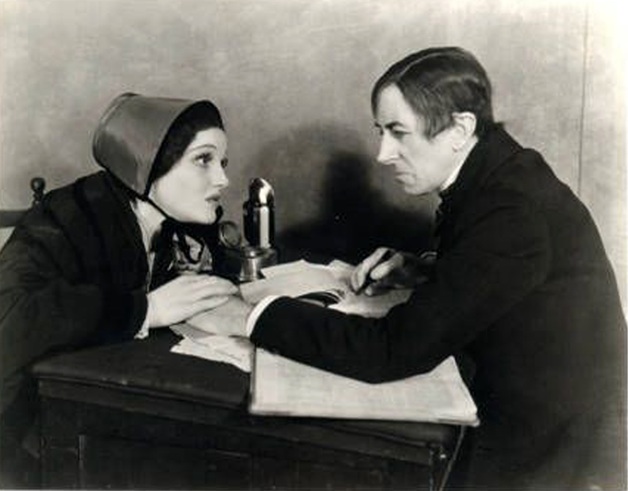
Flaubert was brought up like any other French boy of his class he went to school, he made friends with other boys, he worked little but read much. It was a happy, highly respected and affluent family. His father was head of the hospital and lived there with his wife and children. In the case of Flaubert this is peculiarly important.

The sort of books an author writes depends on the sort of man he is and that is why, if he is a good writer, it is well to know what is possible of his personal history.

He did not think that to live was the object of life for him the object of life was to write: no monk in his cell ever more willingly sacrificed the pleasures of the world to the love of God than Flaubert sacrificed the fullness of life to his ambition to create a work of art. It was not with him as it is with most authors, an activity of paramount importance, but one that allows for other activities which rest the mind, refresh the body, or enrich the experience. No writer that we know of devoted himself with such a fierce and indomitable industry to the art of literature. Thomas Mann when he wrote Buddenbrooks, Arnold Bennett when he wrote The Old Wives’ Tale, Theodore Dreiser when he wrote Sister Carrie, were following a trail that Flaubert blazed. One thing admits of little doubt: Flaubert created the modern realistic novel and directly or indirectly has influenced all the writers of fiction since his day.

The nineteenth century was richer, but whether Flaubert can be counted among those who had this special gift the reader of this introduction may be able to decide for himself. If I were pressed to say what genius this twentieth century of ours has produced, I think that Albert Einstein is the only name that would occur to me. The French are of the opinion that he was a genius.


 0 kommentar(er)
0 kommentar(er)
